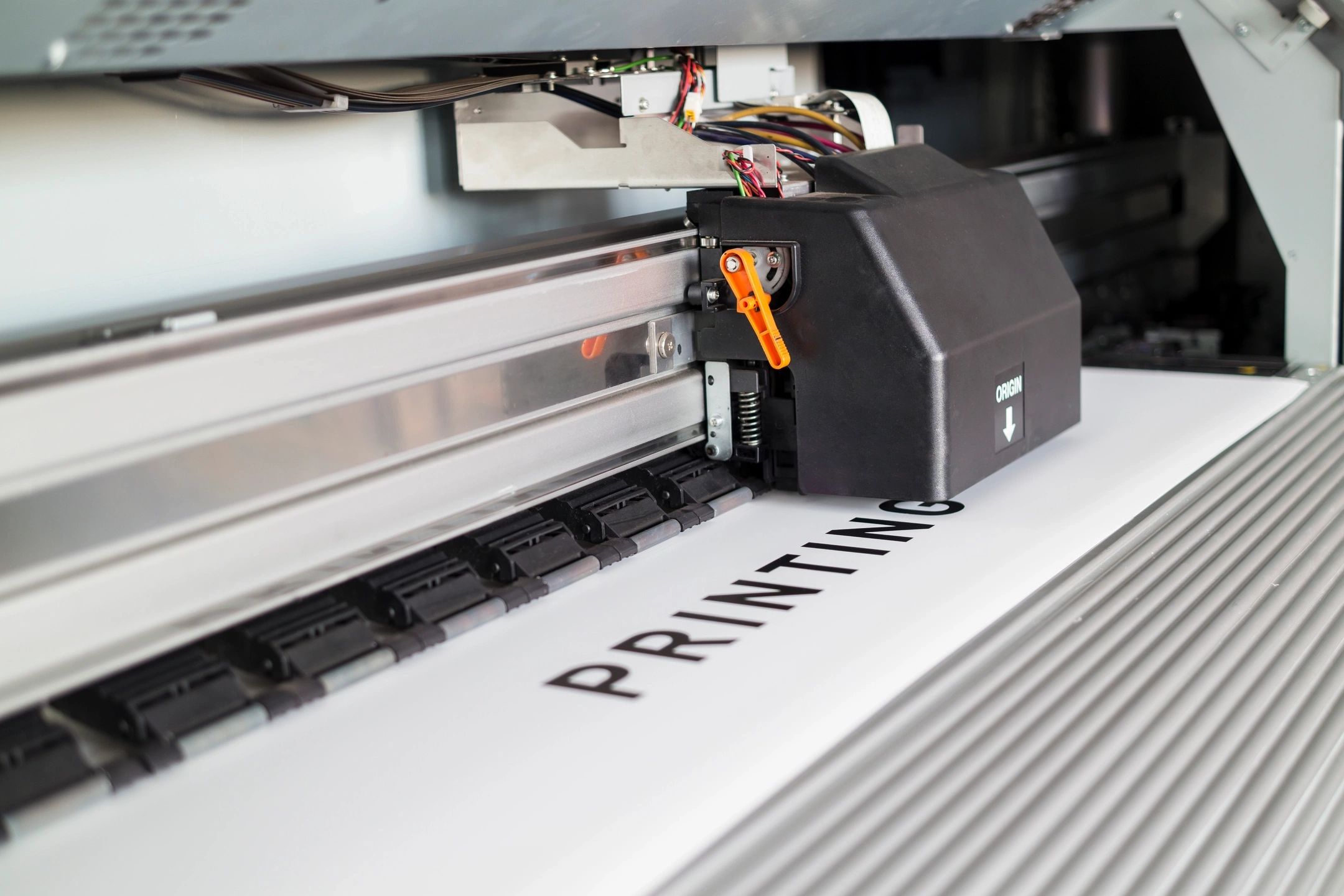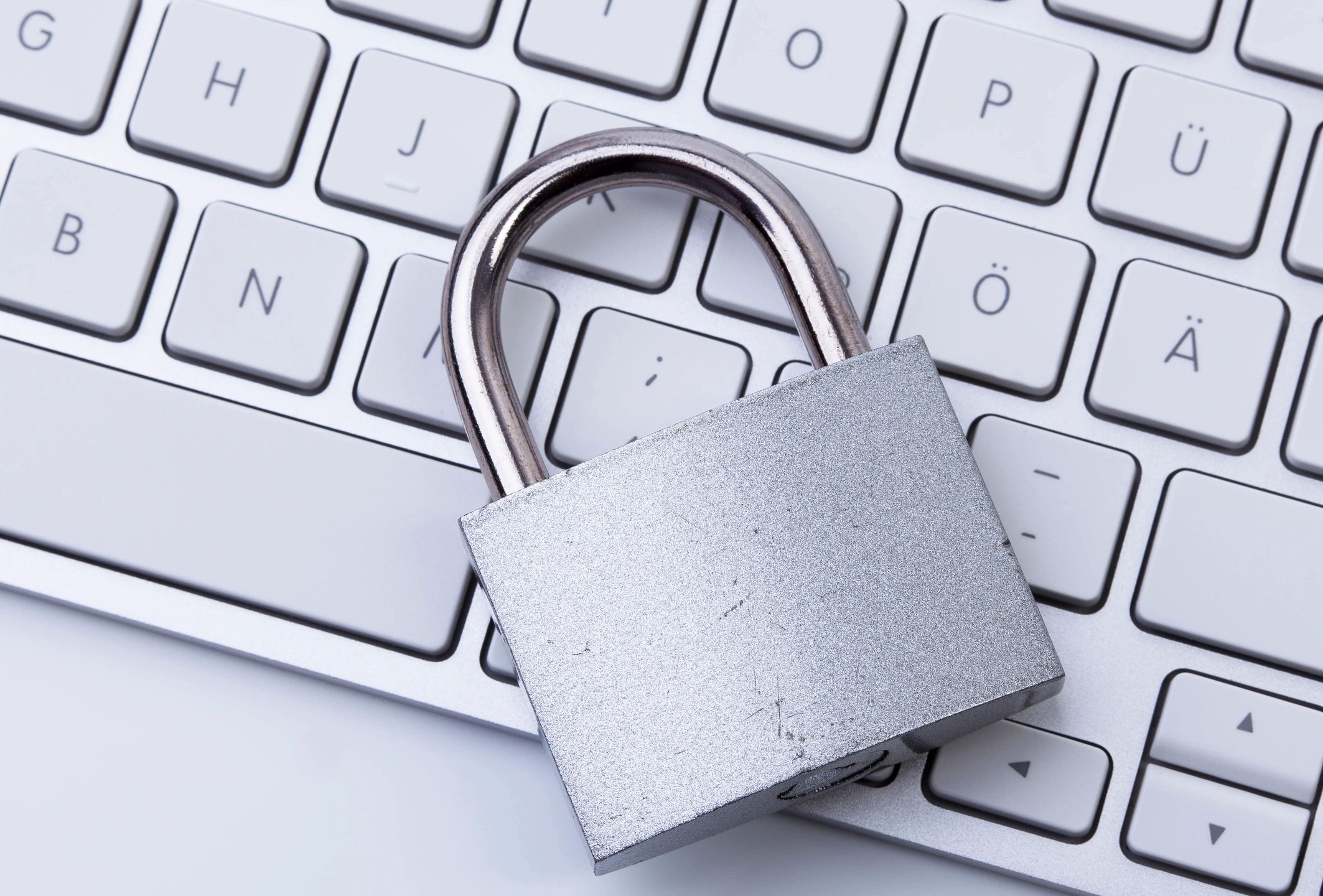The Role of JIIMA Certification in Document Management
The Role of JIIMA Certification in Document Management 2-4 min read In Japan, strict tax laws cast a significant shadow over how companies manage and store their documents. The National Tax Agency (NTA) imposes stringent regulations, necessitating businesses to adhere to precise standards of document storage. Enter the Japan Institute of Information Management and Administration … Read more









